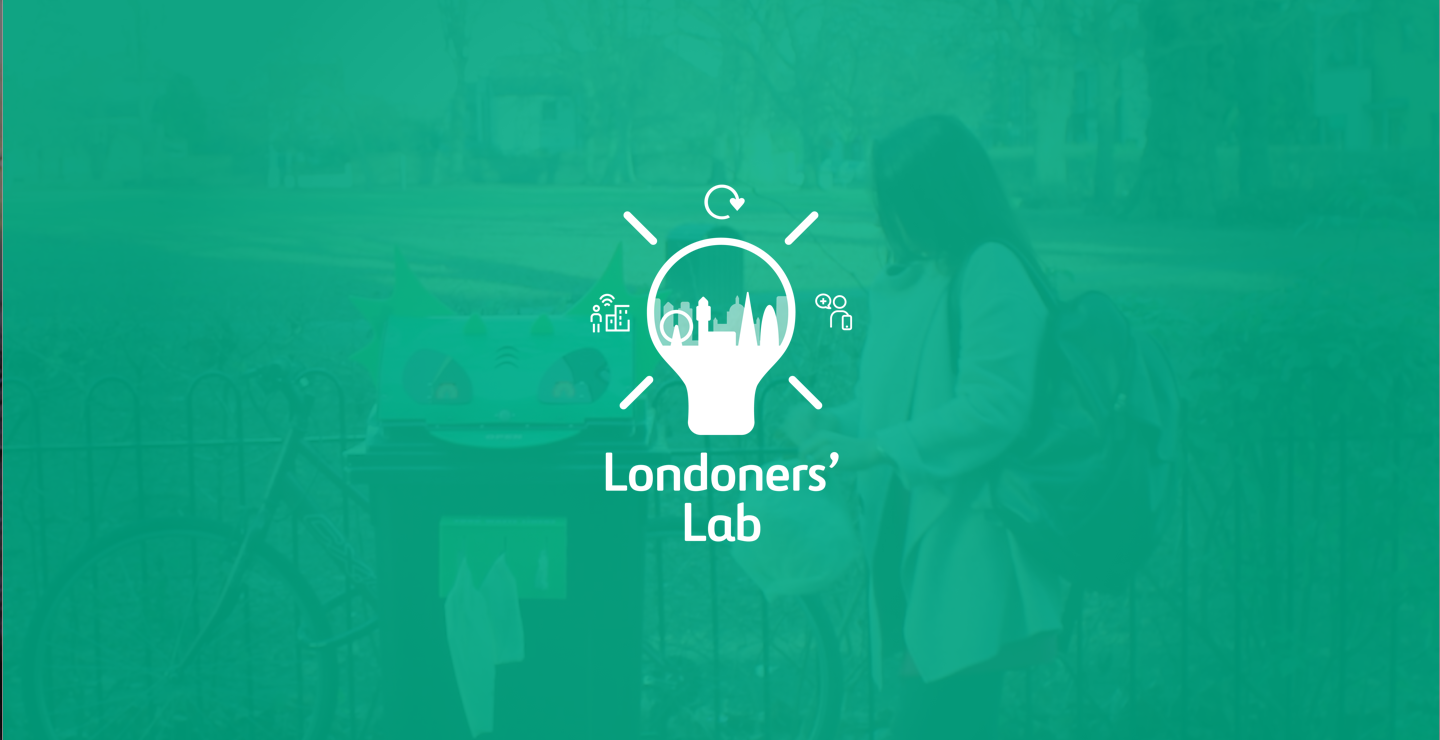Londoners' Lab - Holistic Recycling Intervention
Londoners’ Lab is a collaborative innovation program that aims to identify and test innovative citizen-centric courses of action to address key urban challenges.
The problem we tackled through the program is food waste recycling and how to motivate citizens to recycle more of their food waste. My role in this project was to identify and scope a problem through stakeholder interviews, conduct an citizen engagement study in a London borough and design and implement a physical recycling intervention.
ROLE: HCI Researcher
MADE IN: UCL
DURATION: 1 year
METHODS: Citizen engagement, Observations, User Interviews, Stakeholder Interviews, Sketching, Physical Prototyping.
TOOLS: Paper & Pen, Illustrator, Laser Cutter. Process of Multi-stakeholder Citizen Engagement
My task was to identify a problem to address through interviews with several London authorities who shared their insights about current state of recycling and known problems in Greater London. The most pressing problem that I identified was chosen as the focus of the project:
“How to improve participation in food waste recycling in flats”
Research In The Wild
I was set out to get to know to the residents of a low-performing estate and find out why the residents are not recycling their food waste. Despite the challenges engaging the residents, supported by observations, I identified three problem areas that need to be addressed in order to positively impact recycling behavior.
Design Approach
To make sure that the intervention will reach as many residents as possible a combination of tactics were used. A number of concepts were sketched and explored together with the residents. The elements of the intervention were designed to engage residents both at home and in the communal space to create continuity.
Final Intervention
The final intervention was piloted in an estate for 12 weeks. The impact of the intervention was measured by analyzing the amount of recycled food waste weekly. Two estates were used as a reference group. The results indicated that the intervention increased food waste recycling by 40% compared to the reference group.















